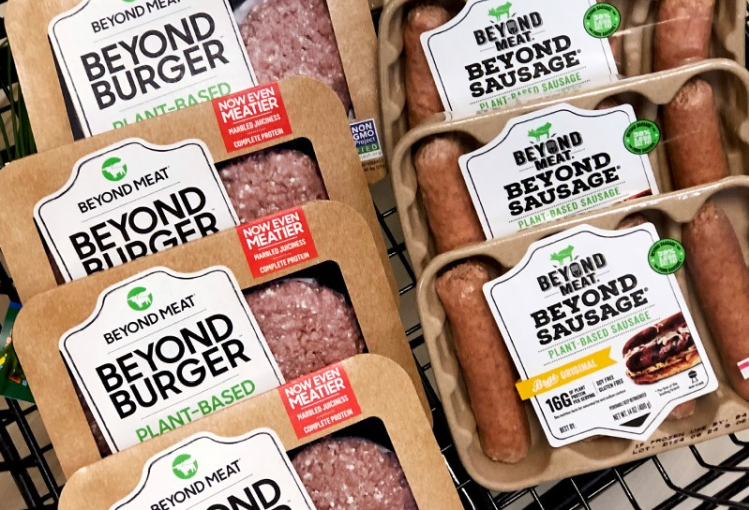Taking over beef: Plant-based diet innovation
Global efforts have been made to better and more sustainable food systems. Shifting to sustainable consumption patterns is one of the tracks to be tackled at next year’s food summit 2021. An animal-based diet is playing a negative role in our world. This is because livestock is wreaking havoc on the environment and the climate of the world. That is why the transition from animal-based to plant-based meat is important. Plant-based meat is one of the great innovations that transitioned the food systems to another major stage, providing us with nutritious and sustainable food.
One of the ways to help to attain a sustainable food system is shifting to plant-based meats. Innovation is one of the lever changes that help to achieve the goals of action trucks. Plant-based meats are an innovation for action track two supports to achieve the sustainable food system goal by eliminating food waste and transitioning to more nutritious foods.
Plant-based meats are made mainly from plants, including wheat gluten, soy protein, mushrooms, rice, and legumes. Plant-based meats have great benefits in nutrients, health, and the environment. The various benefits can get from Plant-based meats makes it selected by the consumers. The composition of meat analog is textured vegetable protein 10-25%, non-textured proteins 4-20%, flavorings 3-10%, fat 0-15%, binging agents 1-5%, and Coloring 0-5%. The production process of plant-based meat analog applies different techniques such as extrusion, spinning, and simple shear flows with different ingredients. There are two types of plant-based meats whole muscle products designed to be similar to steaks and chicken breast, whereas restricted meat products refer to beef sausages and nuggets.
The health benefits that the consumer can get from the plant-based meat analogs are substantial. Some of the health of benefits: – improves cardiovascular, Lower cholesterol and LDL levels, lowers blood pressure and glucose levels, and it also lowers mortality. These benefits play a key role in achieving the desired goal.
The other good side of the transition to plant-based diets is that they do not cause environmental damage. Plant-based protein production requires less area, water, and energy compared to animal proteins; thus, it has fewer greenhouse gas emissions. Plant-based meat has a lower carbon footprint.
Many organizations have been engaged in processing plant-based meat, which can substitute animal-based diets. As the demand by the consumer also increases, the number of companies involved in this production increases. These are some of the companies producing plant-based meat; beyond, Tyson, Perdue, and Hormel.
Therefore, plant-based meats have a major contribution in achieving goal action two by shifting to sustainable consumption patterns. The widely increasing acceptance of plant-based meat will motivate to achieve the goals.
References
Galanakis, C.M. ed., 2018. Sustainable Meat Production and Processing. Academic Press.
Lynch, H., Johnston, C. and Wharton, C., 2018. Plant-based diets: Considerations for environmental impact, protein quality, and exercise performance. Nutrients, 10(12), p.1841.
Magkos, F., Tetens, I., Bügel, S.G., Felby, C., Schacht, S.R., Hill, J.O., Ravussin, E. and Astrup, A., 2020. A perspective on the transition to plant-based diets: a diet change may attenuate climate change, but can it also attenuate obesity and chronic disease risk?. Advances in Nutrition, 11(1), pp.1-9.

